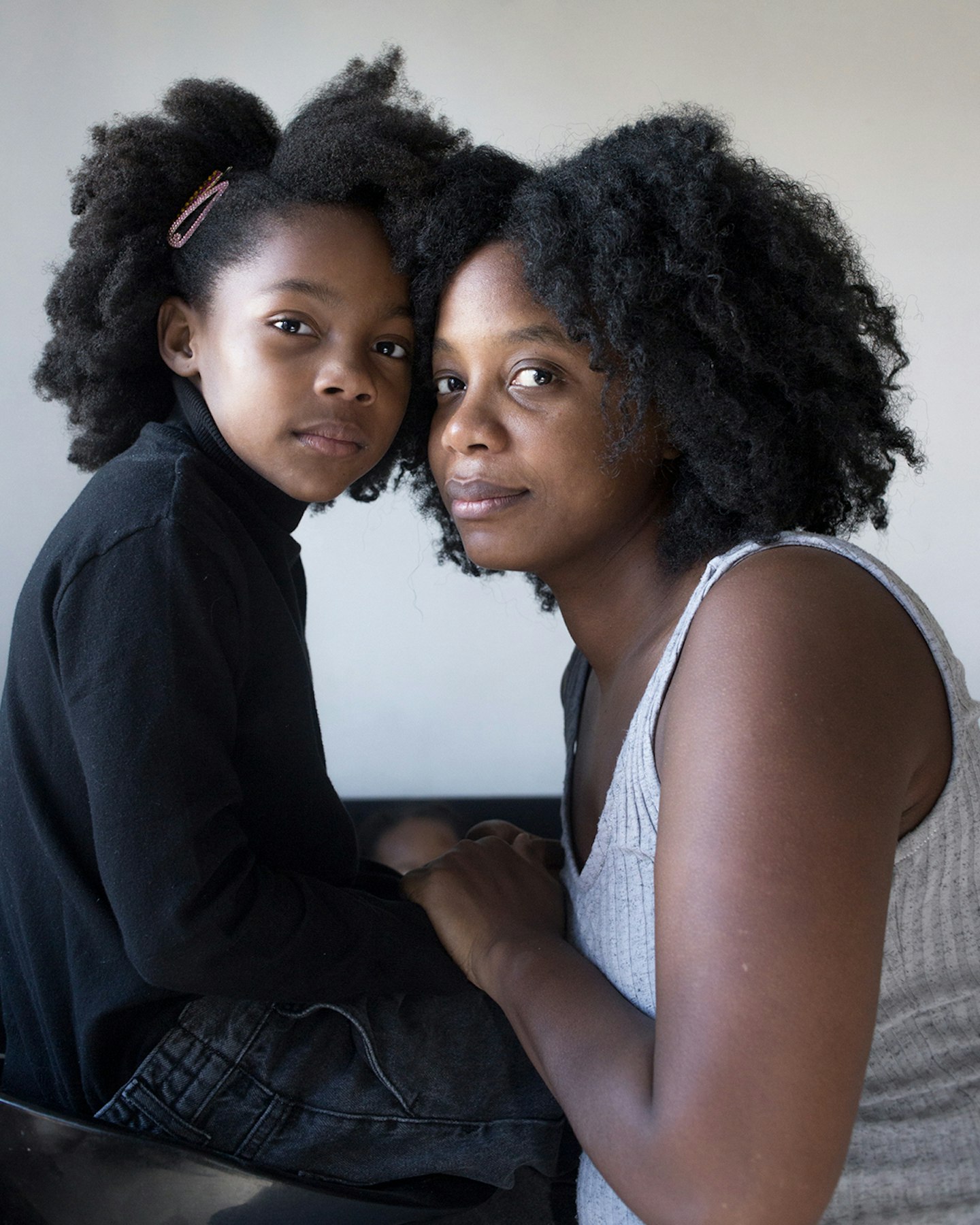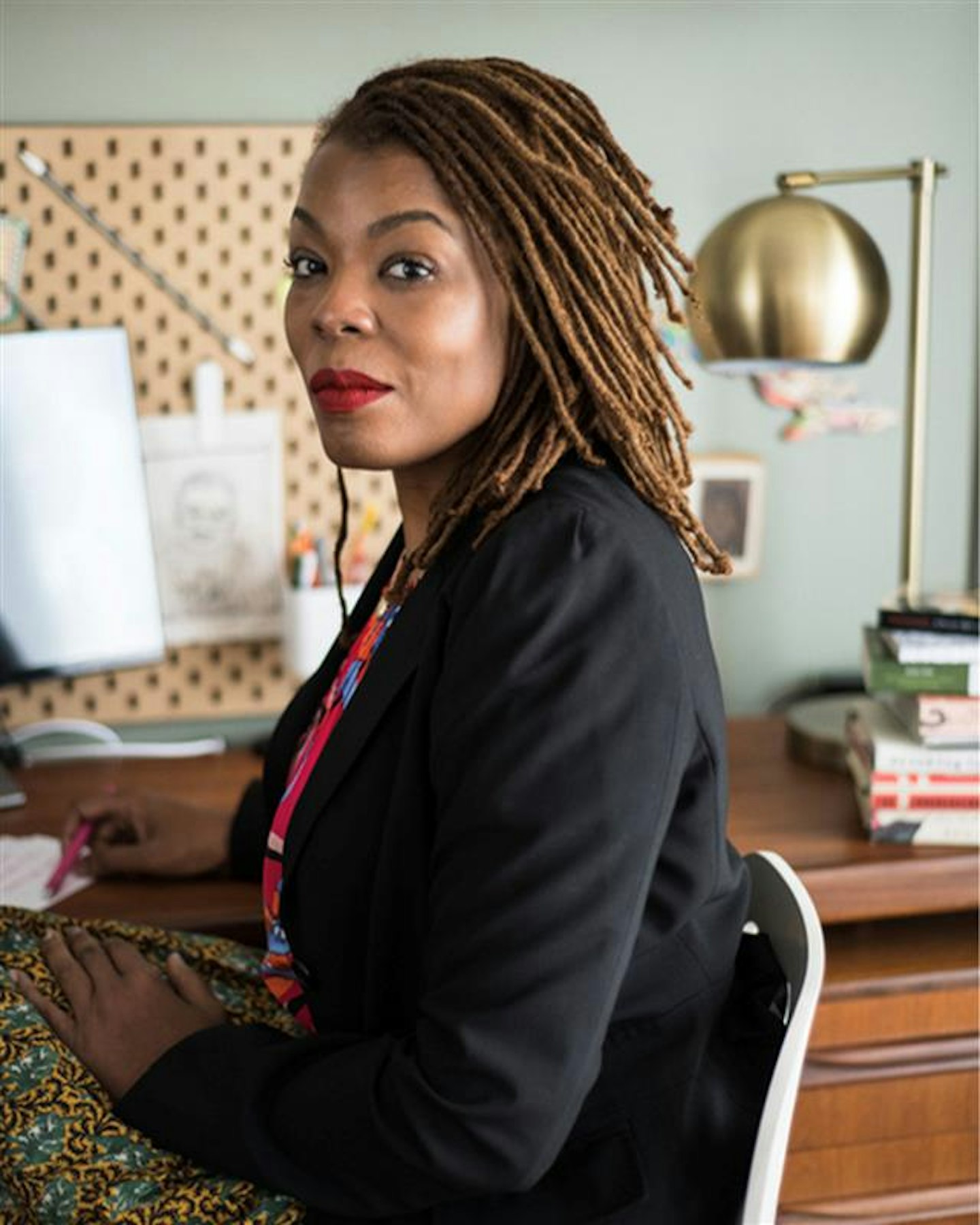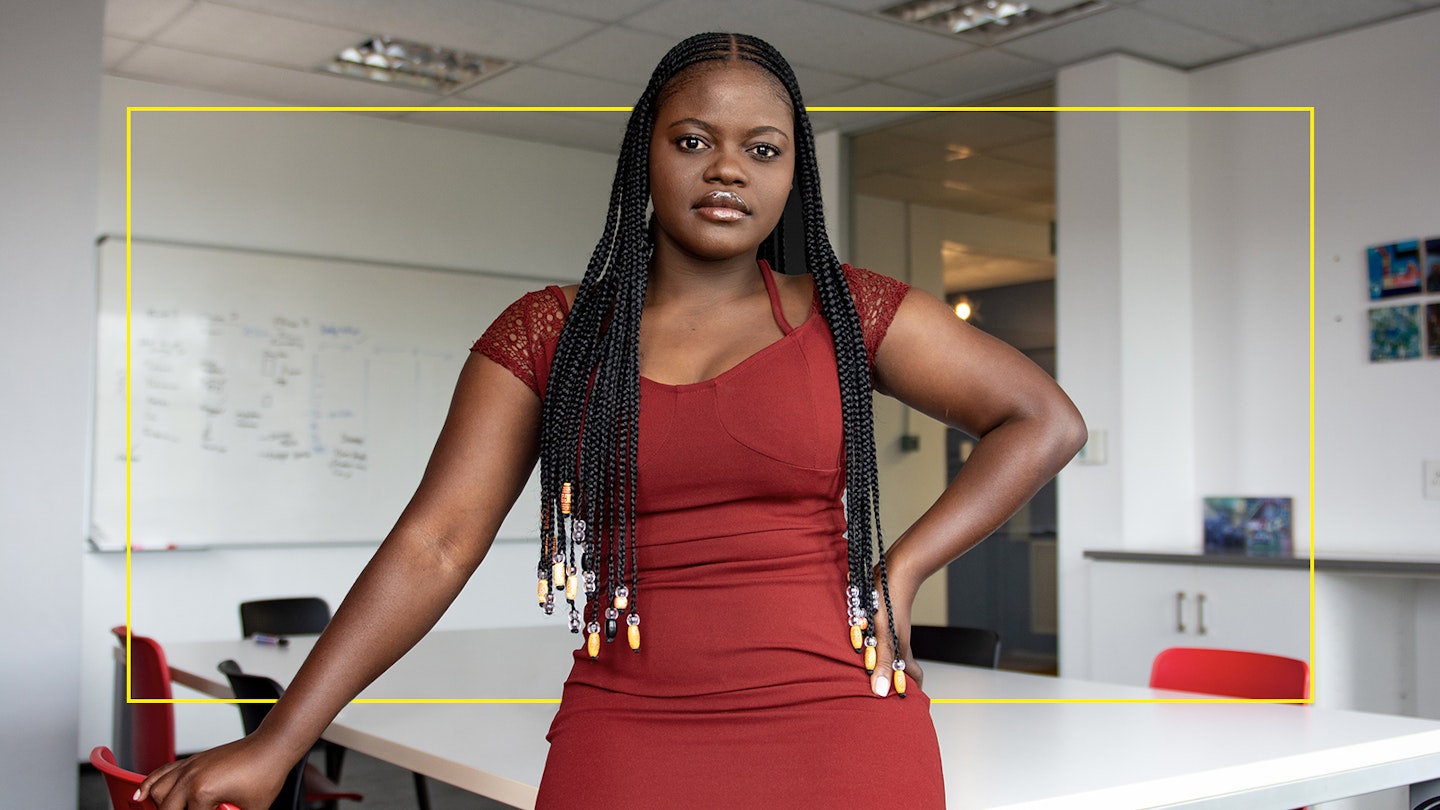Nobody should ever be made to feel like they’re less than because of their hair. While negatively singling someone out at work or at school because of their religion, gender, or sexuality is so obviously wrong, for some reason the lines are more blurred when it comes to Black hair.
As a Black woman, the message has been for centuries that our hair is not professional enough, not subtle enough, not submissive enough. This is still minimising our ability to love and wear our beauty in the way we deserve, and that's something which goes against Dove’s values - making sure women and girls have a positive relationship with the way they look, which they have been advocating for over 60 years.
This is why Dove is supporting the mission of activists Zina Alfa and Emma Dabiri, who are calling for us all to sign a petition for hair discrimination to be made illegal in the UK under the UK Equalities Act. With your participation, we could help make history in ensuring people think twice before firing or excluding someone from school because of their hair. The US has already taken the necessary steps in states like New York and California to legally put a stop to hair discrimination, but we have yet to follow suit here in the UK.

Research from Dove shows that a staggering 63% of black adults have faced hair discrimination.
“I remember wearing my hair in braids at school as a young girl and being told to take them out,” creative producer, influencer and founder of UB Hair Zina reflects to me over a Zoom call. “‘They’re not school policy - they’re disgusting,’ the teacher said in front of the whole class.”
For years, Zina would avoid having her hair in braids because of how she was humiliated at such a young age - something which so many of us have faced, be it a cruel remark from an ex-boyfriend or microaggressive ‘joke’ from a colleague.
Ask any Black or mixed-Black woman if they’ve had someone tell them they looked better with straightened hair or their own hair isn’t good enough, and odds are they’ll be able to count the number of times on two hands.
My number is nine, starting from the age of eight when a friend’s mum told me my hair was like a cavewoman’s when it was out of my plaits. When I walked in to work one day with fresh box braids (and Timberland boots), a colleague remarked that my look was “aggressive”. And although my looser curl pattern means I’ve escaped some of the worst comments made in the workplace, I’ve witnessed how insensitive and othering people can be towards those with Afro hair, whether they realise what they’re doing or not.

“Someone at work said to me, ‘You change your hair every week. Can you not change your hair so much?’ says Zina. It’s this type of microaggression - the ones that go by almost undetected to everyone except the Black person on the receiving end - that are the most insidious. And they stay with us forever. “With any sort of job interview, uni interviews, or anytime I’ve started a new job, I have always thought first about my hair,” Zina continues.
“Always. And I’ve always had my hair straight. I would never have gone out with my hair in its Afro, in plaits. So I’ve always felt the pressure to conform – but I’m trying not to. When I wear a wig, it’s that aesthetic that’s more appealing to others. So I have my hair in wigs and weaves to make white people feel comfortable.”
Dove reports that 51% of black adults have felt compelled to change or alter their hair as a result of hair discrimination - so just imagine what the numbers are like in schools, where dress codes are reinforced and regulated more intensely and discrimination is inflicted away from the presence of parents. In 2018, Josiah Sharpe was banned from his playground during break because of his basic fade haircut was “extreme”, which eventually led to him being sent home until his hair grew back. Josiah was just five years old.
The Equality Act 2010 covers multiple areas where discrimination can and should not take place, such as ethnicity and skin colour, yet hair is not one of them. This is why the fight to have it amended is such an important one; without it being explicitly stated that such a key indicator and expression of one’s ethnicity cannot be used against them, there is no accountability to be had.
“I started this petition so that nobody would have to go through what I did at school, throughout my work life,” explains Zina. “And the petition is about more than hair. It’s about power. It’s about status. My purpose is to tip the narrative, to get people to know that however they choose to have their hair, it’s beautiful, and no reflection of your worth as an employee or student.” The future of Black hair needs more protection and freedom. Our hair has never harmed anyone, and never will.
Click here to sign the petition and join us in shaping a better future for everyone.
